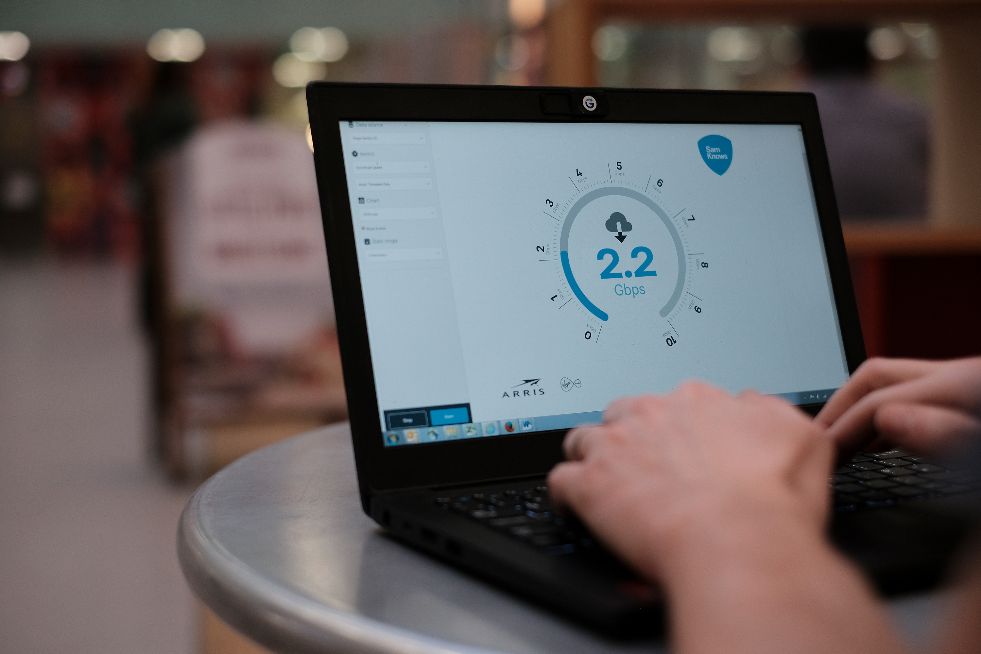Virgin Media O2 has demonstrated the power of its network by successfully delivering next-generation 2,200Mbps broadband speeds to homes in Birmingham in a real-world trial. The multi-gigabit speeds – more than 29 times faster than the Birmingham average broadband speeds – have been delivered via Virgin Media O2’s existing future-proof cable network.
This is powered by broadband technology known as DOCSIS 3.1 which brings faster, more reliable broadband speeds to customers’ homes. Virgin Media O2 has carried out the proof-of-concept trial to showcase the future speeds which can be delivered via the same network that already connects millions of customers across the country, without the need for additional infrastructure or civil engineering works.
It comes after the operator recently expanded its gigabit network to cover more than three-quarters of its footprint, with almost 13 million homes now able to access its next-generation broadband service, Gig1, offering average download speeds of 1,130Mbps. Residents in the West Midlands can already access these future-proof gigabit speeds, which launched in Birmingham and Coventry last February.
Jeanie York, Virgin Media O2’s Chief Technology Officer, said: “We are on a mission to upgrade the UK and our continued network investment is helping ensure our infrastructure is not only fit for today, but fit for the future.
“As the UK’s largest gigabit broadband provider, we’re always looking to go further and faster. With our latest multi-gigabit trial in Birmingham, we’re putting this commitment to innovation into action, demonstrating the true power of our network and getting ready for the technology of tomorrow.”
Virgin Media O2’s engineers were able to deliver the blisteringly-fast speeds to homes in Birmingham using the Hub 4 router. The Hub 4 can support multi-gigabit speeds and comes as standard with its gigabit broadband service, Gig1.
The hyperfast speeds have been verified using tools from SamKnows – Ofcom’s technical partner – which measures broadband performance. In the future, multi-gigabit speeds will allow households to instantly and simultaneously stream boxsets and video games from the cloud with 8K and upwards capabilities, as well as use augmented and virtual reality technologies in real-time all without any delay.
In July, Virgin Media O2 announced its intention to upgrade its fixed network to full fibre to the premises (FTTP) with completion in 2028, paving the way for symmetrical 10Gbps download and upload speeds and beyond. Through the combination of DOCISIS 3.1 cable and FTTP technology over the coming years, Virgin Media O2 will sustain its long-held speed leadership while preparing its network for the decades ahead.
The company has also committed to invest at least £10bn over the next 5 years in the UK and, building on the success of its existing Project Lightning network expansion activity, is exploring options to build fibre to millions of additional homes across the country.

















